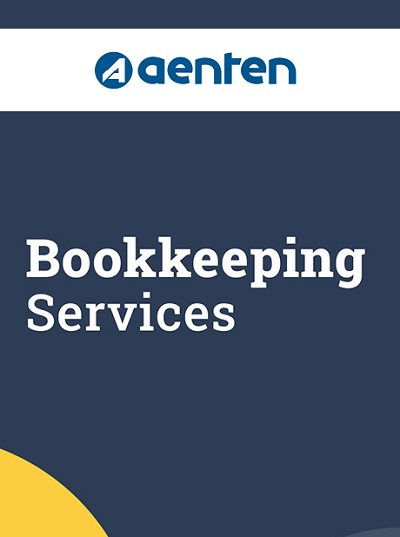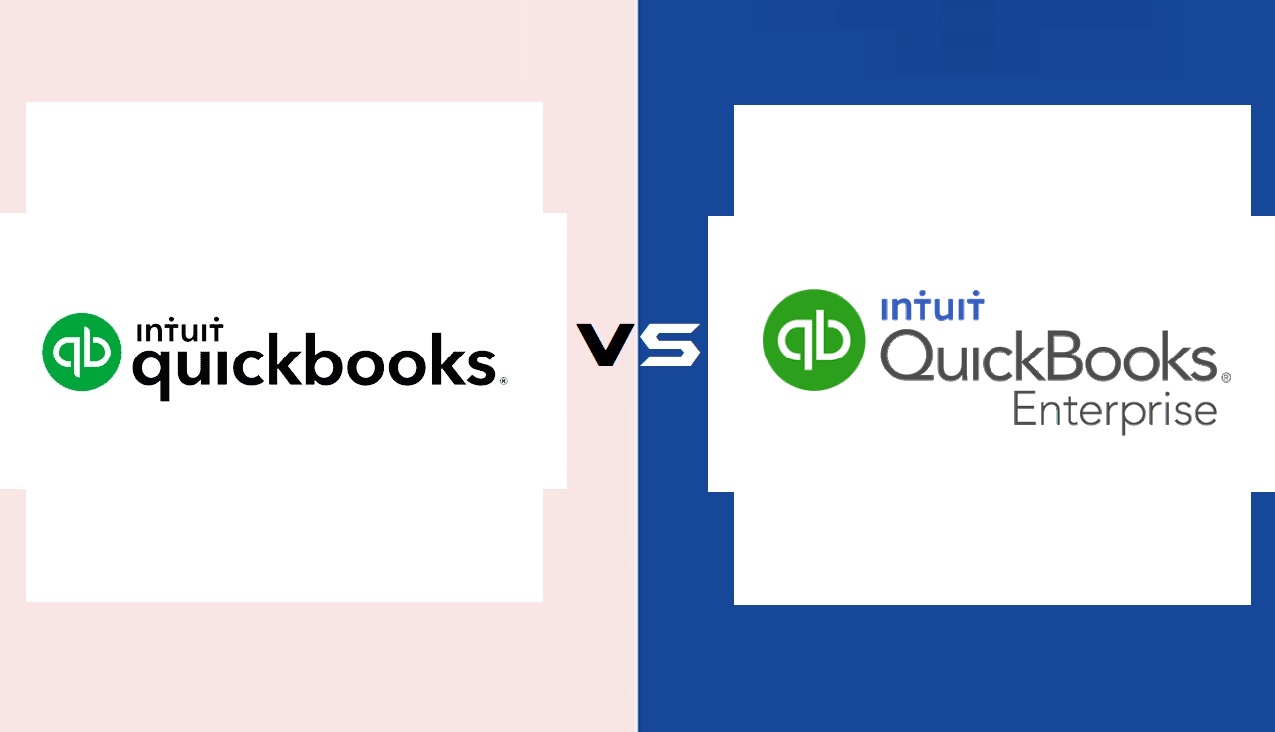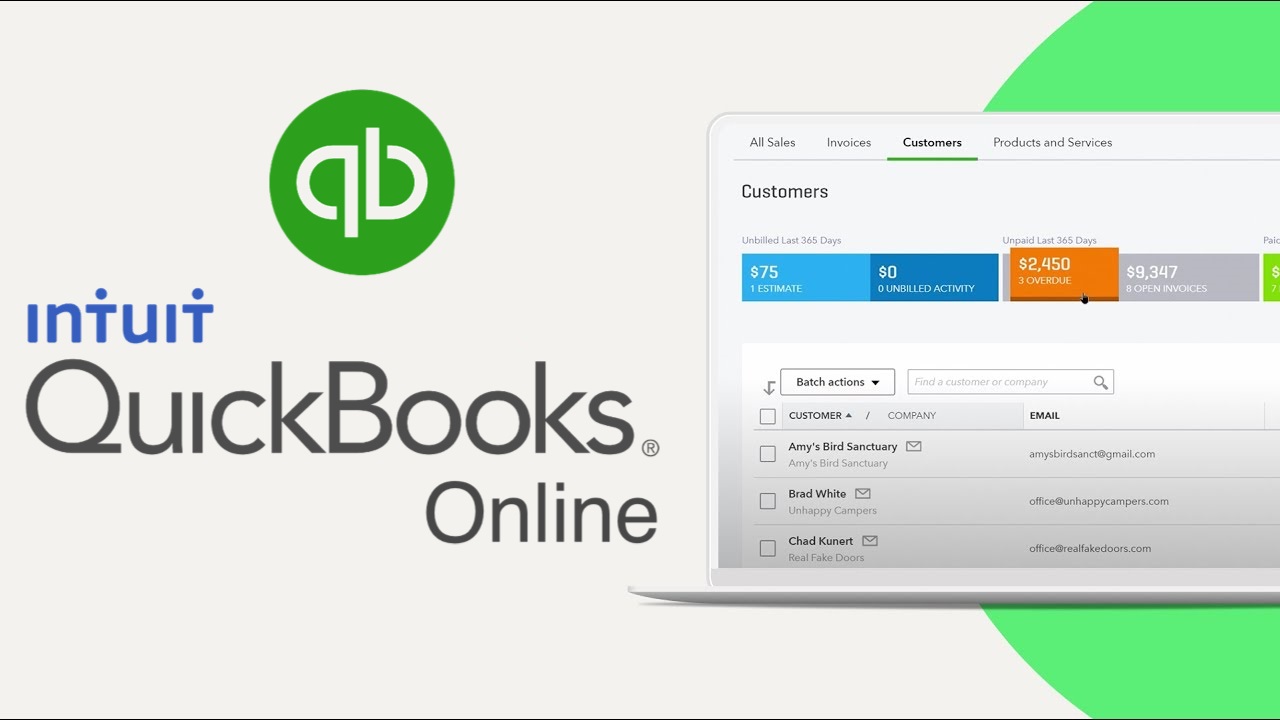Small businesses face a variety of challenges, from managing cash flow and attracting customers to navigating complex tax laws and regulations. For many small business owners, tax compliance is one of the most daunting tasks they face. That’s where tax consultants come in – they can help small businesses navigate the tax landscape and ensure that they are compliant with all relevant laws and regulations. In this article, we’ll explore how tax consultants can help small businesses and why it’s important to work with a tax consultant.

01. Understanding tax laws and regulations :
One of the most important ways that tax consultants can help small businesses is by providing a deep understanding of tax laws and regulations. Tax laws are complex and ever-changing, and it can be difficult for small business owners to keep up with all the changes. A tax consultant can help small business owners understand the tax laws that apply to their business and ensure that they are in compliance with those laws.
02. Reducing tax liability :
Another way that tax consultants can help small businesses is by reducing their tax liability. Tax consultants are experts in tax planning, and they can help small business owners find ways to reduce their tax burden through legal deductions and credits. By working with a tax consultant, small business owners can ensure that they are taking advantage of all the tax benefits available to them.
03. Avoiding penalties and fines :
One of the biggest risks for small businesses is failing to comply with tax laws and regulations. The penalties and fines for non-compliance can be significant and can have a major impact on a small business’s bottom line. Tax consultants can help small business owners avoid penalties and fines by ensuring that they are in compliance with all relevant tax laws and regulations.
04. Assisting with tax audits :
If a small business is audited by the IRS or state tax authority, it can be a stressful and time-consuming process. Tax consultants can help small businesses prepare for tax audits by reviewing their tax returns and records and identifying potential issues. If a small business is audited, a tax consultant can represent them in the audit and help them navigate the process.
05. Providing tax planning advice :
Tax consultants can also provide valuable tax planning advice to small businesses. By working with a tax consultant, small business owners can develop a tax strategy that is tailored to their business’s specific needs and goals. This can include advice on how to structure the business to minimize taxes, how to take advantage of tax credits and deductions, and how to plan for tax liabilities.
06. Managing payroll taxes :
Payroll taxes are a major source of complexity and risk for small businesses. Tax consultants can help small business owners manage payroll taxes by ensuring that they are calculating and withholding taxes correctly, making timely deposits, and filing payroll tax returns on time.
07. Helping with sales tax compliance :
Sales tax compliance is another area where tax consultants can be valuable for small businesses. Sales tax laws and regulations can vary widely from state to state, and it can be difficult for small businesses to keep up with all the changes. Tax consultants can help small businesses ensure that they are collecting and remitting sales tax correctly and are in compliance with all relevant laws and regulations.
Also Read : Do Veterinarians Need to Pay It Sales Tax?
In conclusion, tax consultants can be invaluable resources for small businesses. They can help small business owners understand tax laws and regulations, reduce their tax liability, avoid penalties and fines, prepare for tax audits, provide tax planning advice, manage payroll taxes, and help with sales tax compliance. Working with a tax consultant can help small businesses save time and money, minimize risk, and ensure that they are in compliance with all relevant tax laws and regulations.




